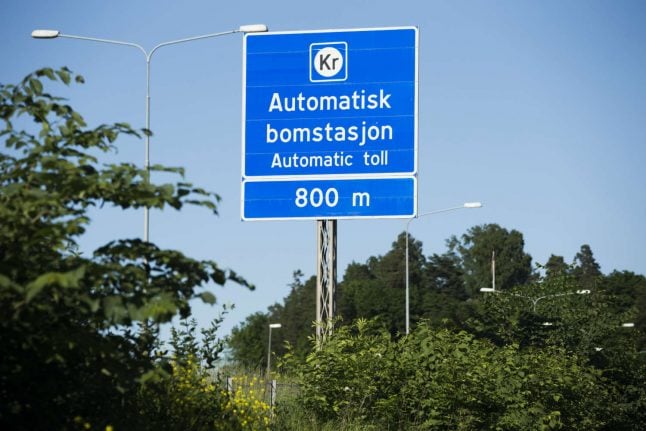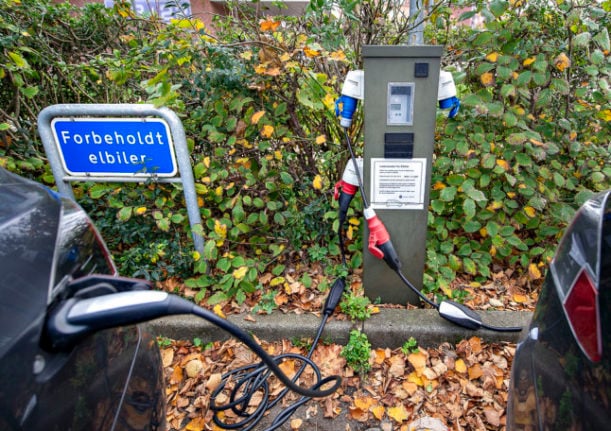The Road Traffic Advisory Council (Opplysningsrådet for veitrafikken, OFV), an umbrella interest organisation for road constructors, the motor industry and insurance and oil companies, says that GPS monitoring of traffic is the method of the future when it comes to charging motorists fairly.
“We wish to replace today’s toll booths with a system in which motorists pay based on where and when they drive and the emissions of their cars,” the Council’s head Karin Yrvin told broadcaster NRK.
But Director Atle Årnes of the Norwegian Data Protection Authority (Datatilsynet) told the broadcaster he was sceptical over the idea.
“This type of dynamic road pricing will register even more information about us. Since it would be a continual registration of where we go, this is very significant with regard to personal privacy,” Årnes said.
Årnes added that GPS monitoring of all drivers could, nevertheless, be acceptable under certain conditions.
“A possible solution is that personal information is stored in individual cars, rather than centrally, and that only information necessary for billing is forwarded by the car,” he said.
Toll booths and stations already established in Norway present an existing personal privacy issue, Årnes continued.
“The toll stations send information for central registration every time they are passed,” he told NRK.
“Road pricing with localised GPS monitoring could actually be better for privacy,” he said.
Traffic Minister Ketil Solvik-Olsen said earlier this year that the government was sceptical on dynamic road tolling, with surveillance concerns part of its considerations.
Yrvin told NRK that the privacy argument should be considered relative to the benefits of a fair tolling system.
“This way, society can fully implement the principle that polluters pay for their emissions,” she said.
Technology to implement the system already exists, Yrvin added.
Årnes said that, for many Norwegians, surveillance through internet and mobile phones had now become accepted to some degree.
“Cars are on their way to becoming ‘the new mobiles’, and you have less control over a car than something in your pocket. Mobiles can be turned off, or you can ask for sensors to be turned off. That is not so easy for a car,” he told NRK.
READ ALSO: Most Norwegians want GPS tags for children



 Please whitelist us to continue reading.
Please whitelist us to continue reading.